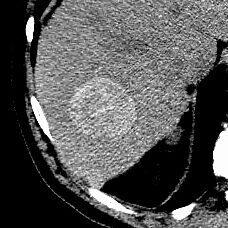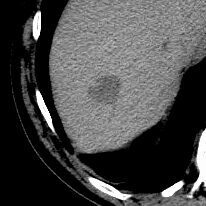Liver cancer
The liver helps with digestion, metabolism and cleansing of the blood. Hepatocellular carcinoma accounts for most liver cancers and occurs more often in men than women. It is usually diagnosed in people aged 50 or older. Hepatocellular carcinoma is not the same as metastatic liver cancer, which starts in another organ, such as the breast or colon, then spreads to the liver.
Liver cancer: What you need to know
- In most cases, the cause of liver cancer is long-term damage and scarring of the liver, called cirrhosis. Cirrhosis may be caused by alcohol abuse, autoimmune diseases of the liver, hepatitis B or hepatitis C virus infection, Iron overload in the body or Long-term inflammation of the liver.
- People with hepatitis B or C are at high risk of liver cancer, even if they do not develop cirrhosis. Some people who have a high chance of developing liver cancer may get regular blood tests and ultrasounds to see whether tumors are developing.
Liver cancer: Diagnosis and treatment
A biopsy of the tumor must be done to accurately diagnose hepatocellular carcinoma. Treatment options depend on how advanced the cancer is. Radiation and chemotherapy are options, as well as surgery. In addition, targeted therapy and immunotherapy through medication may be used.
Chemoembolization
Chemoembolization is a specifically targeted dose of chemotherapy drugs injected directly into a tumor by image guidance. The treatment stops blood flow to the tumor, depriving it of the oxygen and nutrients it needs to grow. Chemoembolization can be used to reduce tumors in patients who are not candidates for surgery or where the tumor needs to be decreased before surgery.
Benefits of chemoembolization for treatment:
- Minimally invasive treatment
- Brief recovery time
- Minimally side effects
- Allows for a higher level of anti-cancer drugs to be in contact with the tumor for a longer period of time
- Minimizes exposure to healthy tissue


Related conditions & treatments

The UF Health Jacksonville cancer program is accredited by the Commission on Cancer, a quality program of the American College of Surgeons.
